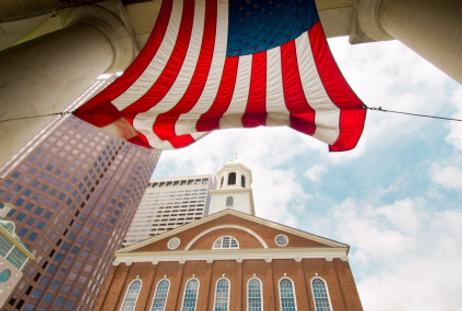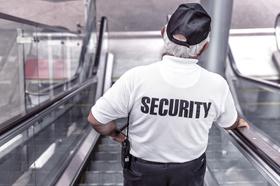Bake sales are a longstanding tradition at public schools. Parents and students use them to raise money for special field trips, sports equipment, and other luxuries that tight school budgets cannot afford. However, a new rule in New York CityÔÇÖs public schools is attempting to reduce the number of bake sales, prompting outrage from fans of this American tradition.
This video describes how to "fail" childhood obesity; schools nationwide are banning bake sales. And they're taking away not only the sweet treats but fundraising money.
New Rule Limits Sales of Homemade Baked Goods in Schools
As the reports, New York CityÔÇÖs public schools have adopted a new rule that allows PTAs to hold fundraisers that include homemade baked goods only ÔÇťonce a month or weekdays after 6 p.m.ÔÇŁ
PTAs and other school organizations can still hold fundraisers at different times, but they cannot sell homemade baked goods at these fundraisers. Instead, they may sell fresh fruits and vegetables or items selected from 27 packaged foods that meet the New York City Health DepartmentÔÇÖs calorie, fat, and sodium standards.
The new rule is part of a more significant effort by New York CityÔÇÖs Department of Education to reduce obesity among public school students. Eric Goldstein, chief executive of School Food and Transportation for the New York City Department of Education, tells the New York Times that 40 percent of






















